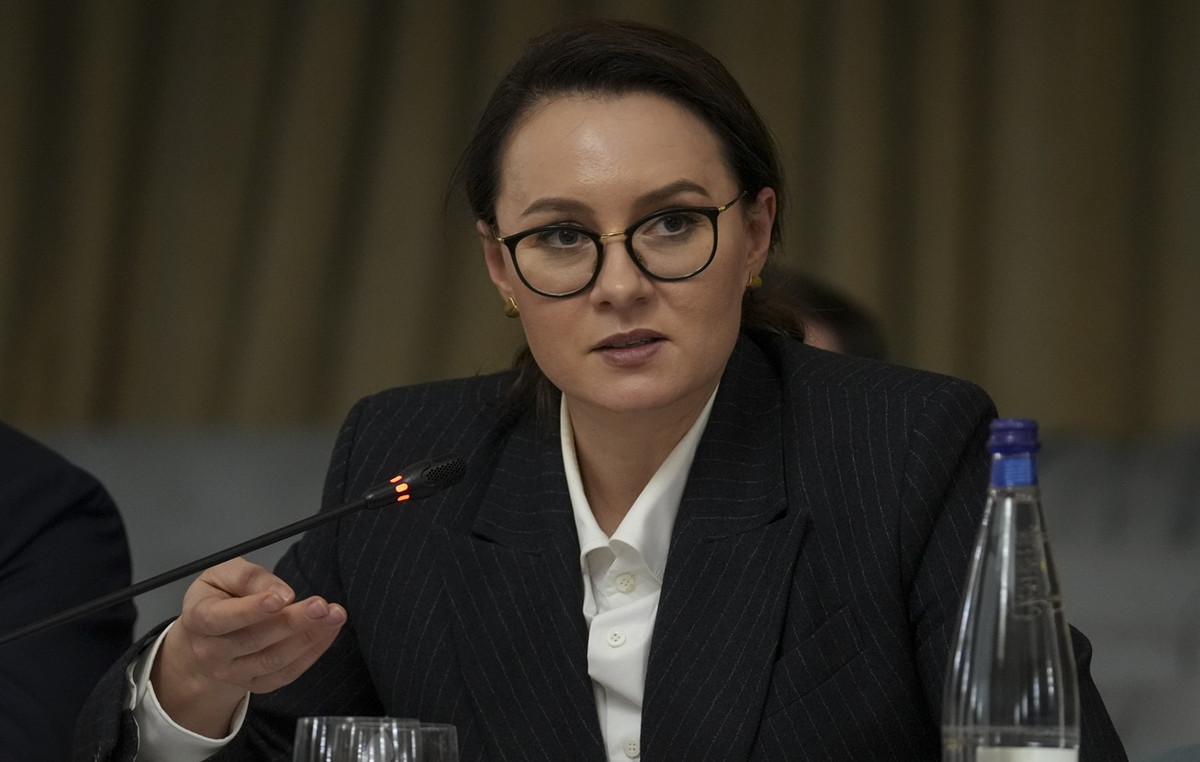In the last 24 hours, Brazil recorded 296 deaths from Covid-19, according to data from the National Council of Health Secretaries (Conass).
To CNN, Carla Domingues, epidemiologist and former coordinator of the National Immunization Plan (PNI) said that we are facing a variant [Ômicron] which infects more and fortunately decreases the number of deaths, also due to vaccination. But at the same time, we are talking about a variant that spreads very quickly.
“We have two elements so that we can reach the end of the pandemic, we need to have the population vaccinated and hope that we do not have a new strain that is so serious and that the vaccines work”, he said.
According to Domingues, “we cannot trivialize this moment we are living, hence the need to vaccinate completely, make use of the booster dose, vaccinate children, wear a mask and avoid agglomeration.”
The former PIN coordinator explains that the peak of Ômicron should arrive in Brazil in the coming weeks. “Possibly from the second week of February. We will see the decrease in cases and we will have to monitor the number of deaths”, he comments.
According to the epidemiologist, the increase in cases can overwhelm the health system. “A high rate in some places will make it difficult to access ICU beds and this can lead to exhaustion of health services. We still have a lot of work ahead of us,” he says.
Vaccination can change the scenario
Carla Domingues says that the inequality of vaccination can be an obstacle to contain the advance of Ômicron.
“If we look at vaccination inequality, it happens in our country. In the North, and in some regions of the Northeast, we have 40% of the population with the first dose, and the booster dose, we have 15%.”
For the epidemiologist, childhood vaccination should advance. “Unfortunately, we do not have accelerated vaccination due to the small amount of vaccine received. Fortunately with the release of Coronavac, Brazil has a stock.”
Domingues points out that there should be strategic action to accelerate the vaccination of children.
“The country should accelerate vaccination until the school period reaches 50% of children with the first dose. It takes the engagement of society and municipal and state secretariats to accelerate vaccination.”
Asked about anti-vaccine groups and the impact this can have on childhood vaccination, Domingues says that “the anti-vaccine phenomenon has been going on since 1990, and luckily they didn’t have the structure to grow in our country. With this government stance today, the Ministry of Health questioning the vaccination process, this is providing conditions for these groups to strengthen in our country,” he said.
She points out that we have an internationally recognized vaccination program and that the population has always supported the vaccine. “We have this program [PNI] established and conditions to protect the Brazilian population”, he said.
Reference: CNN Brasil







